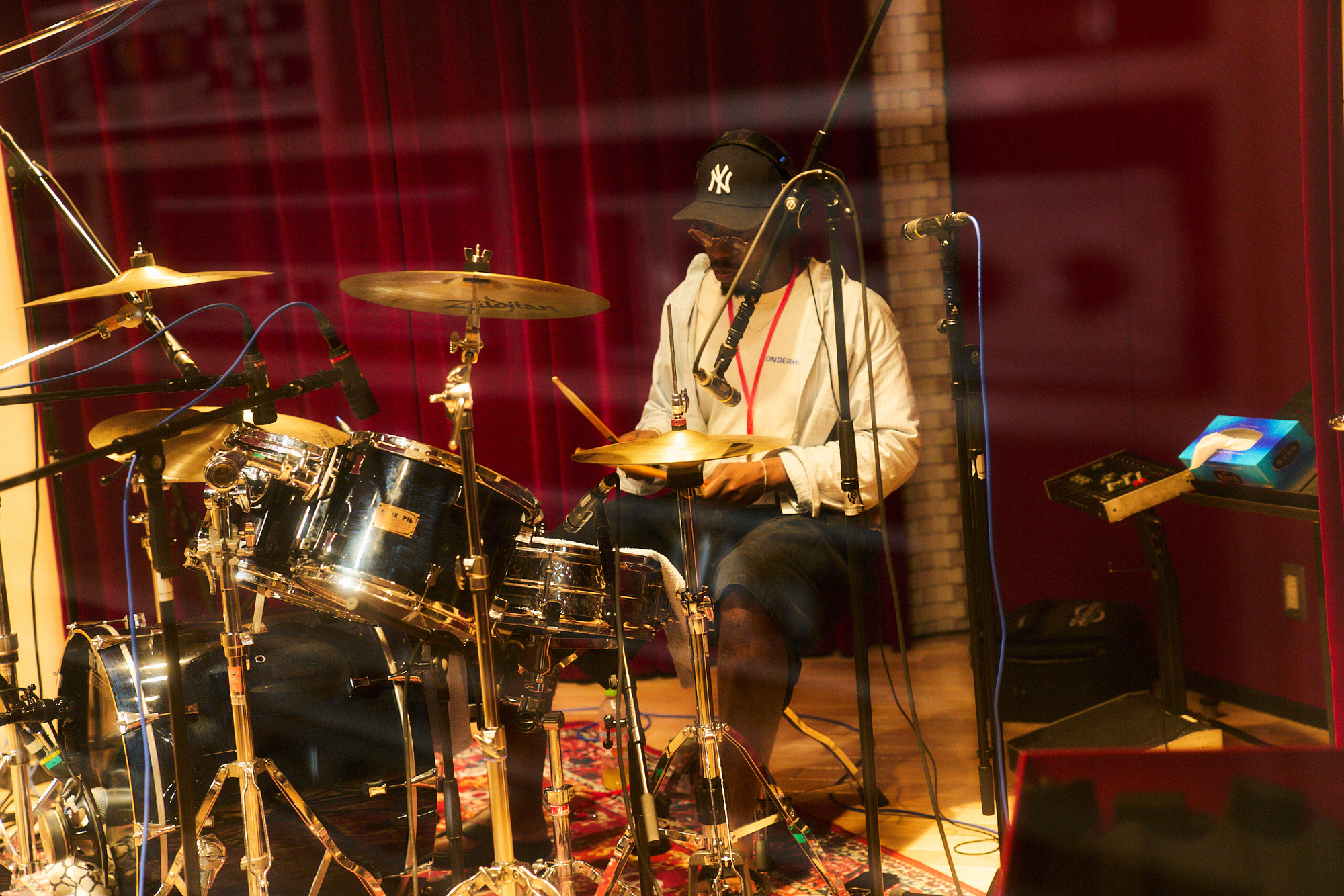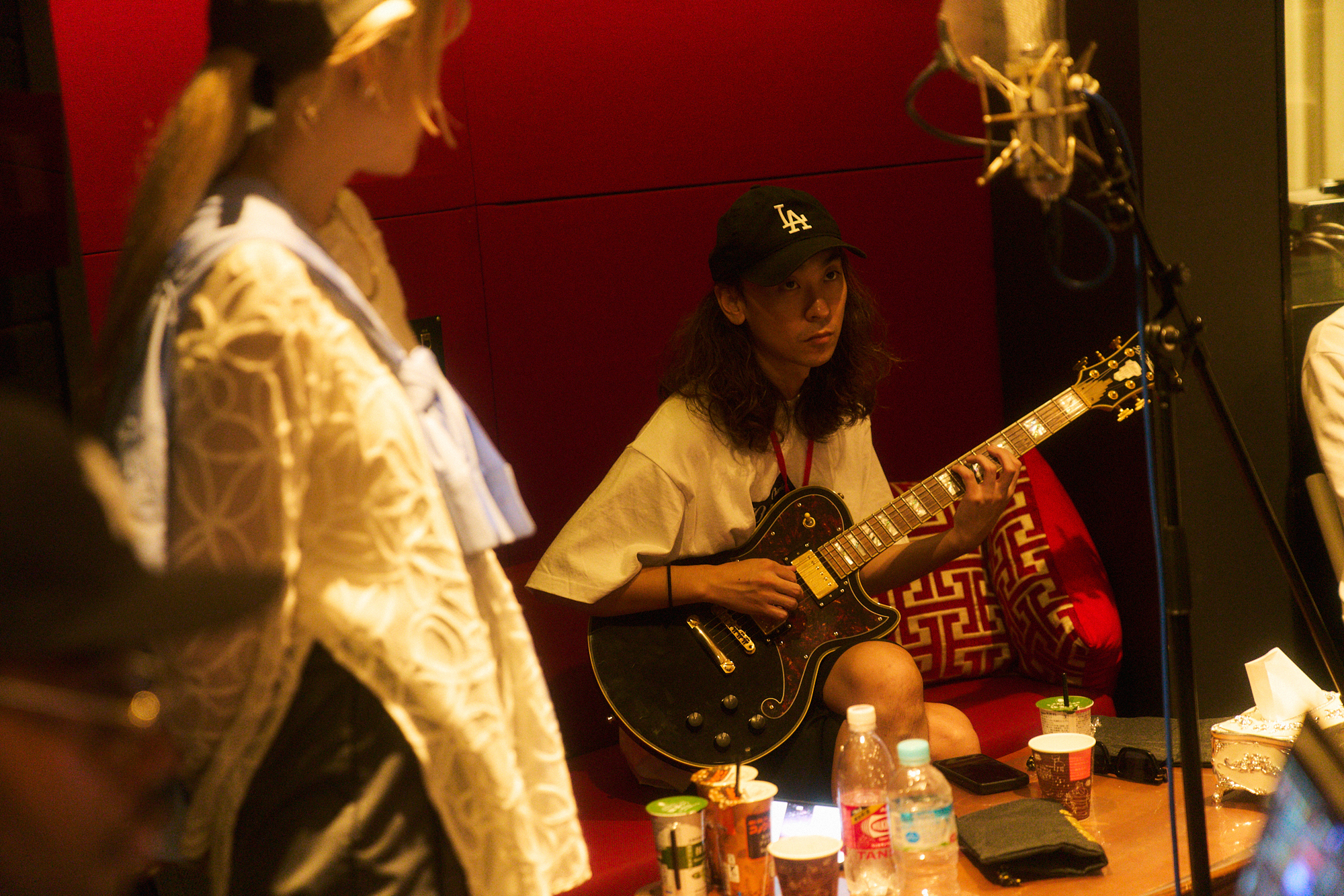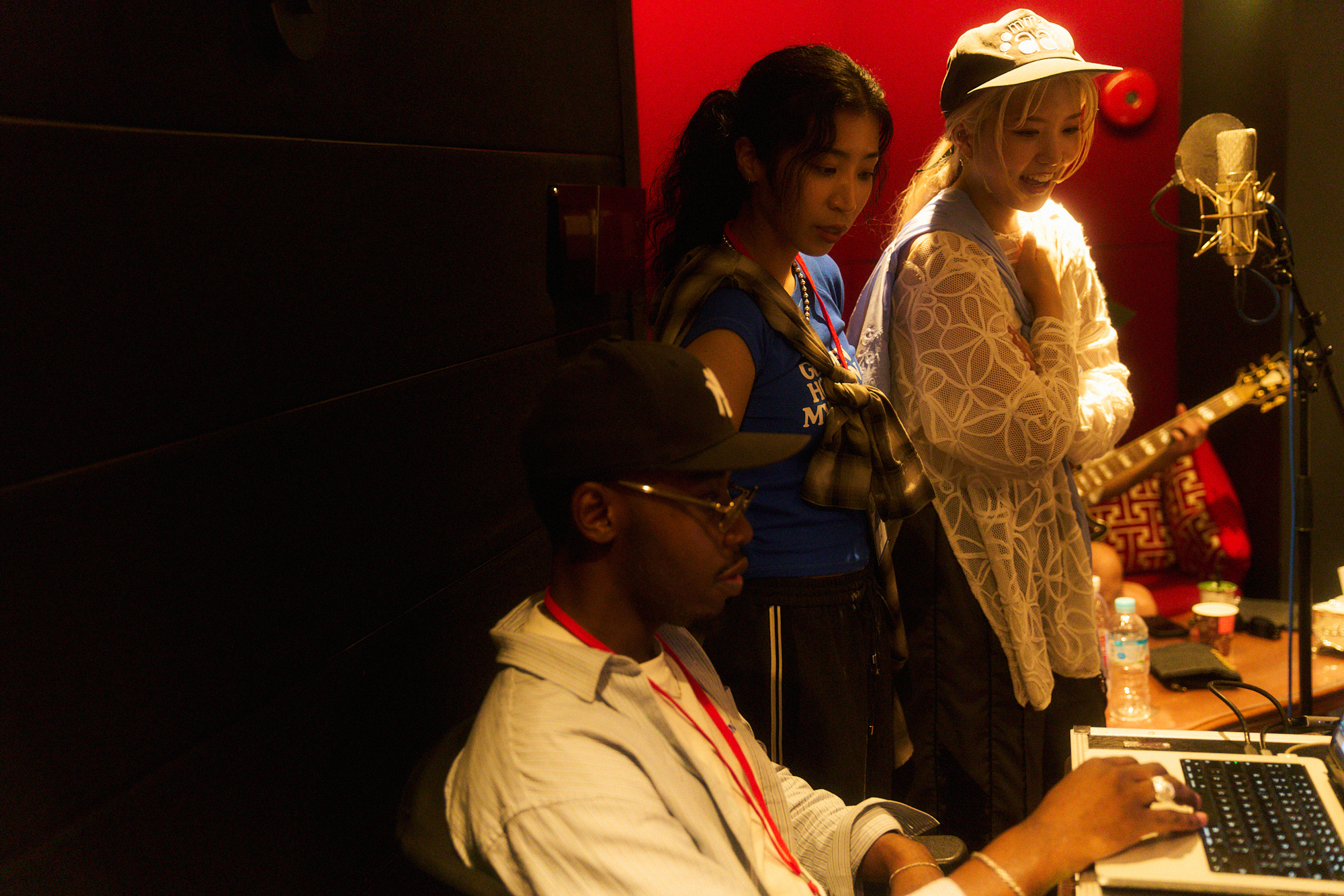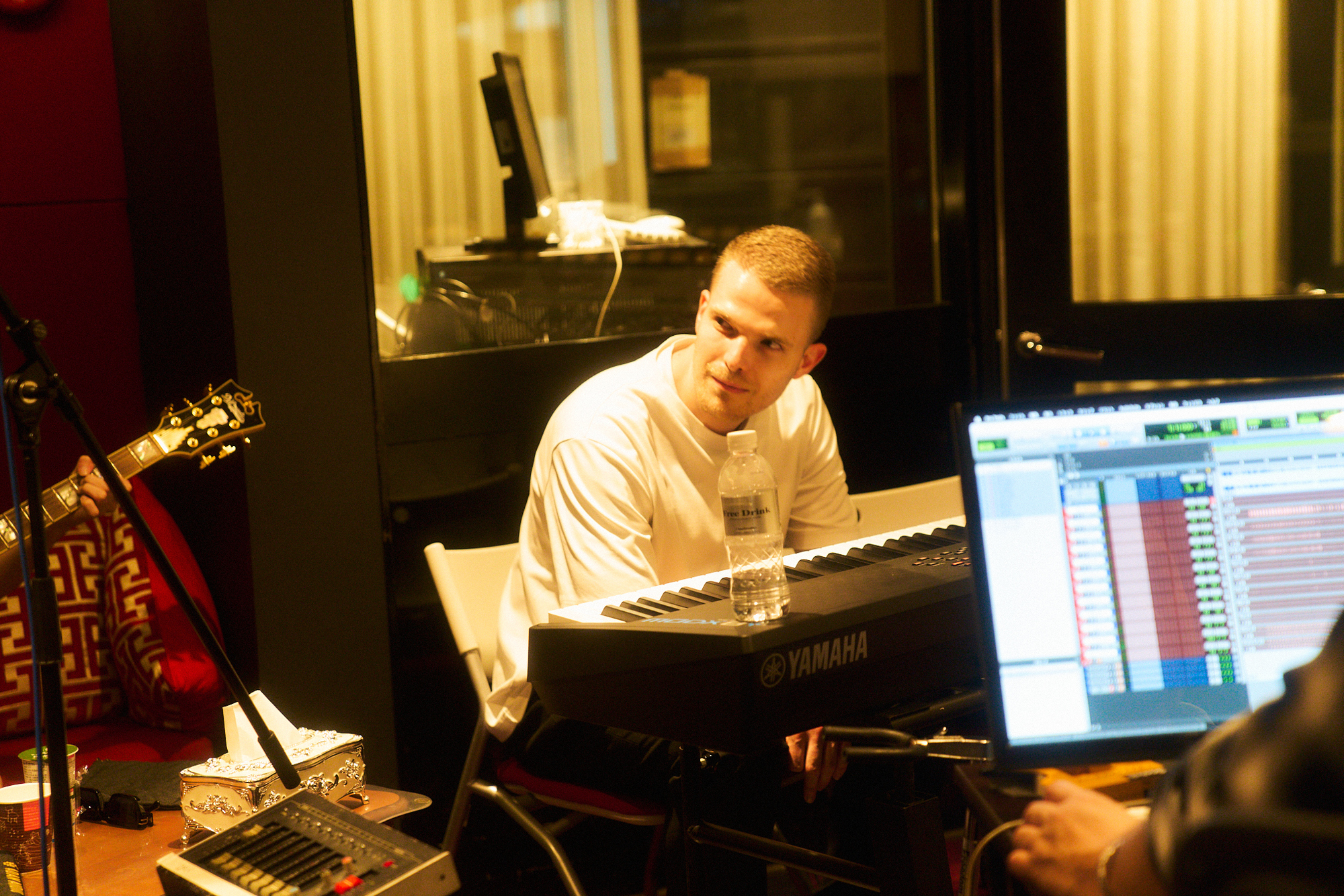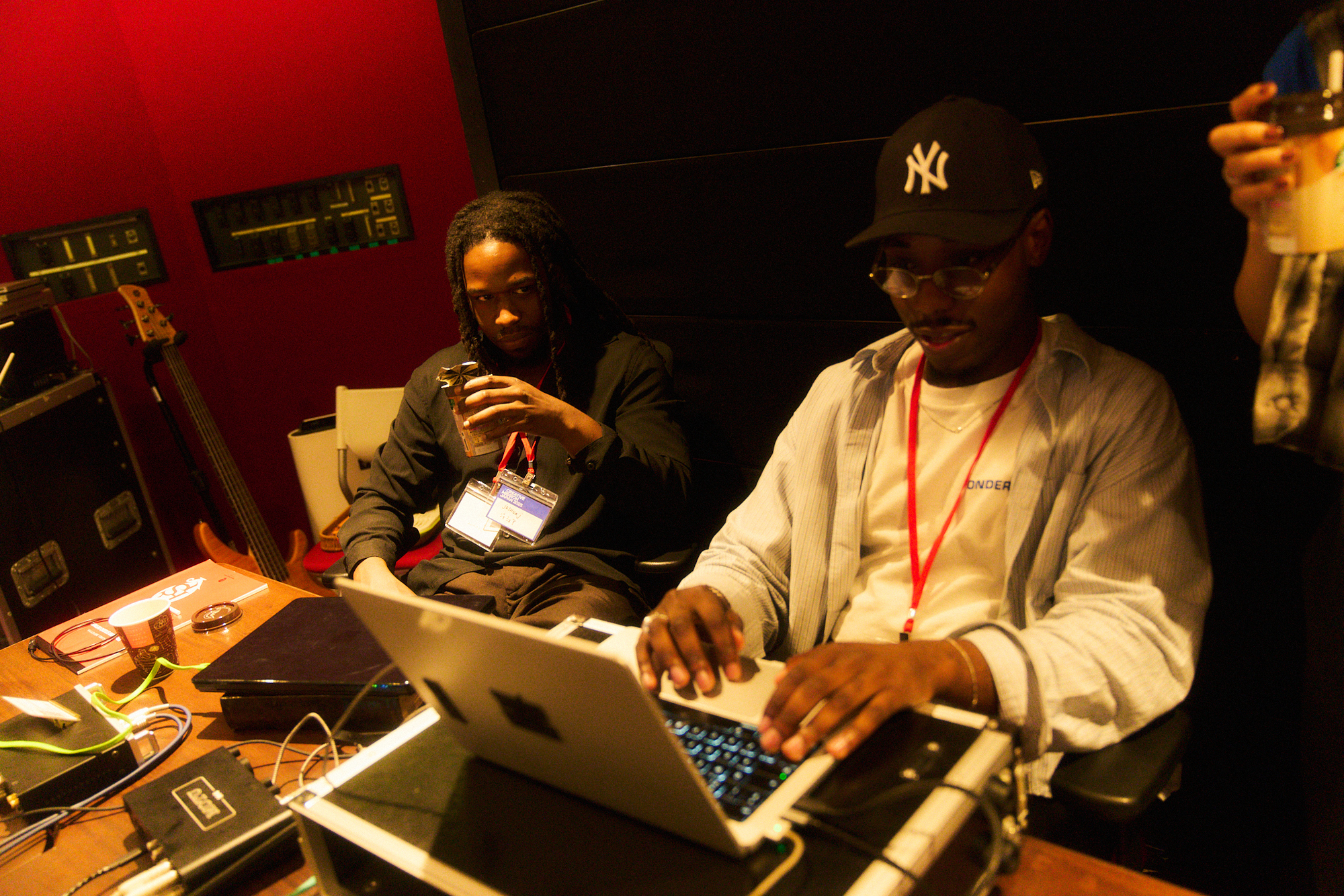Creative Mission Japan Writing Camp 2025: A Report on Dutch-Japanese Creator Collaboration
From September 15 to 18, Tokyo hosted the Creative Mission Japan Writing Camp 2025, a collaborative songwriting session bringing together Dutch and Japanese creators.
The event was organized by Soepermarkt Music Publishing, who have spent the past decade achieving success in the Asian music market through remote music production, and Dutch Music Export, the organization created with the core mission of highlighting and strengthening the international status of Dutch pop music around the world in substantial and measurable ways. Their aim was to strengthen creative collaboration across Asia. Japanese labels, management companies, trade bodies, and music publishers joined as co-hosts. CEIPA / MUSIC WAY PROJECT also participated by providing equipment and supporting the arrangement of participating creators.
Over four days, six Dutch creators — Bnnyhunna, Joshua J, Joya Mooi, Julian Calor, Morgan Avenue, and Pieter Perquin, also known as Perquisite — stayed in Japan. They worked with a rotating group of local Japanese artists and producers. The main goal was to create opportunities for creators from different cultural backgrounds to work together, exchange perspectives, explore new approaches and expand their creative horizons.
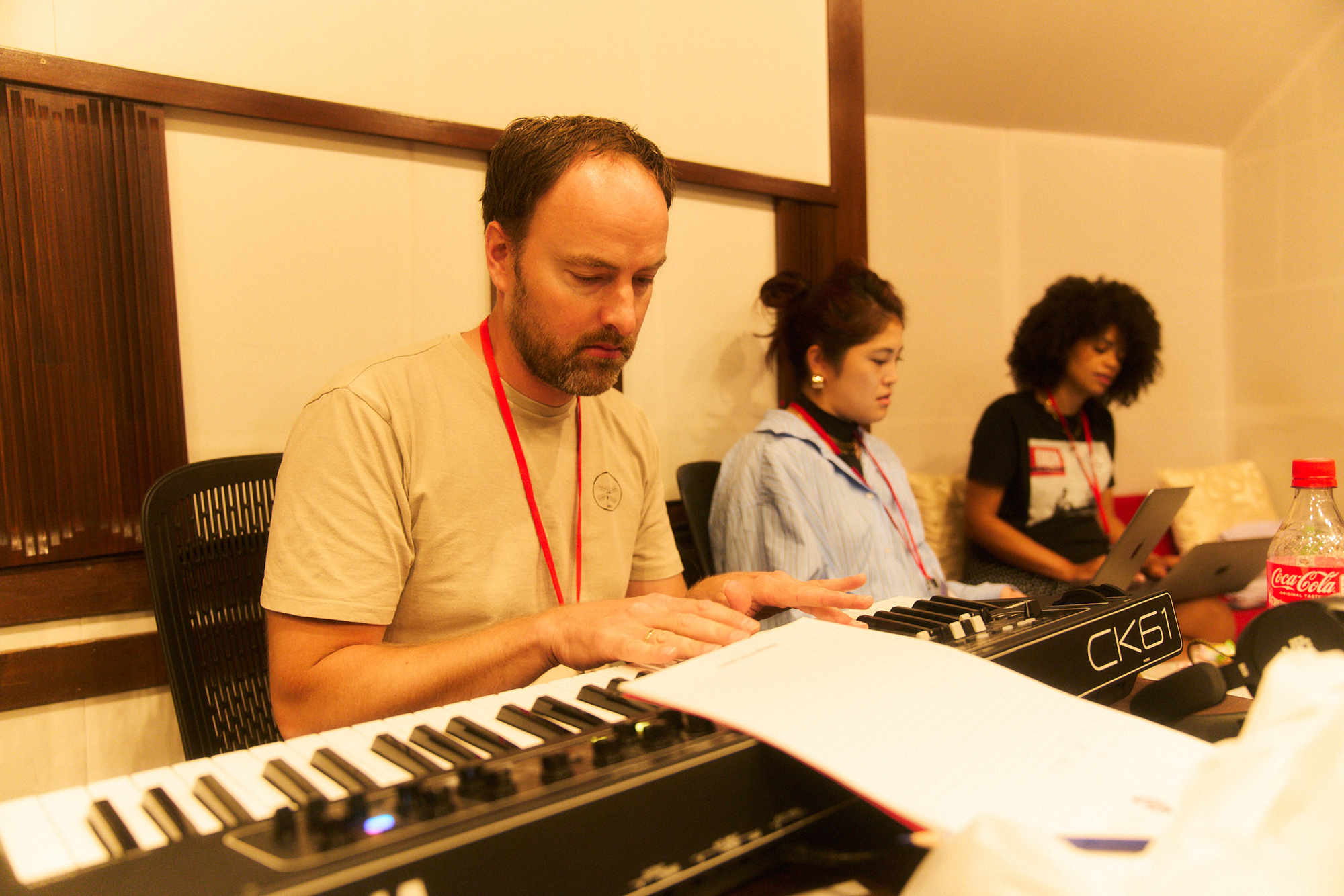
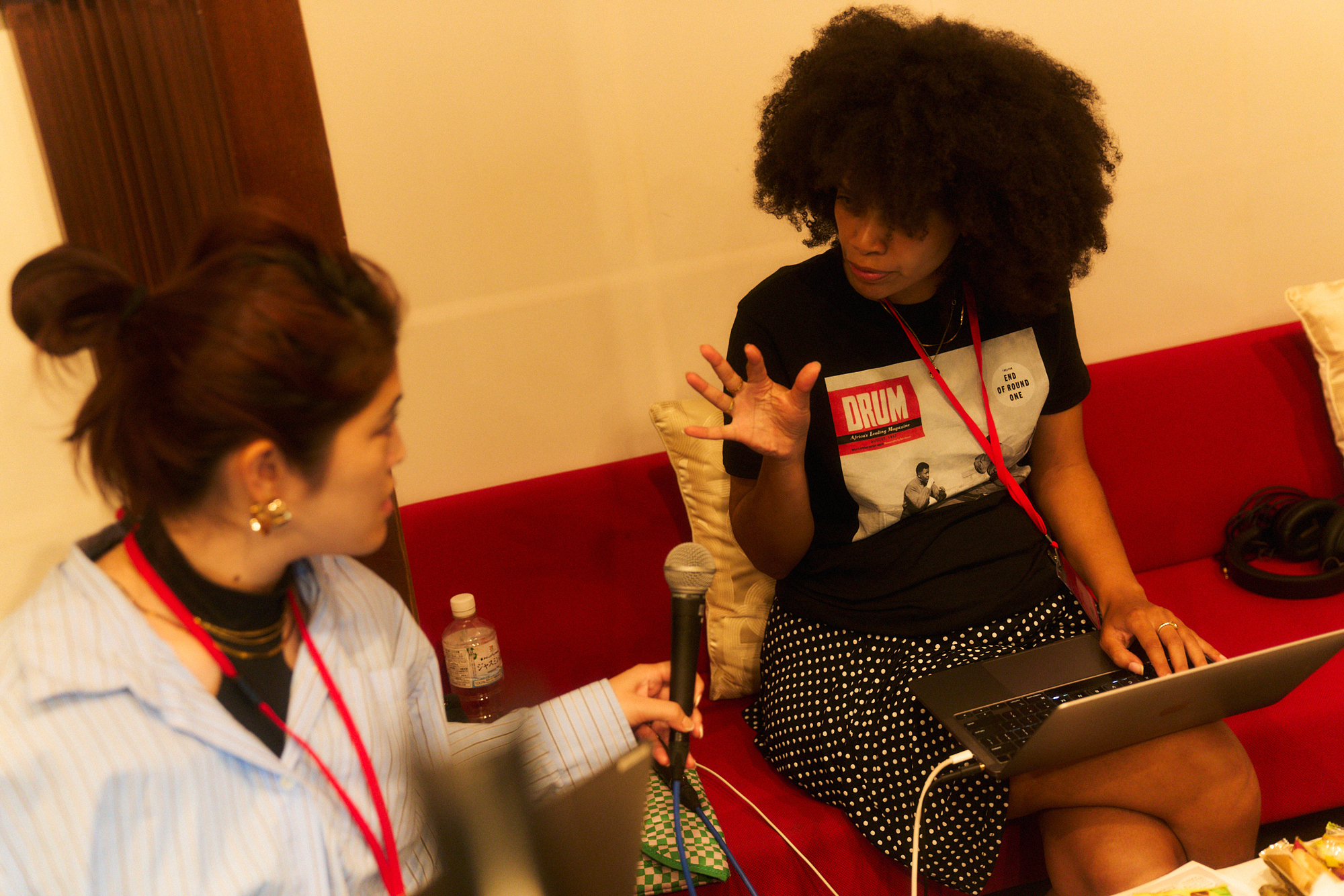
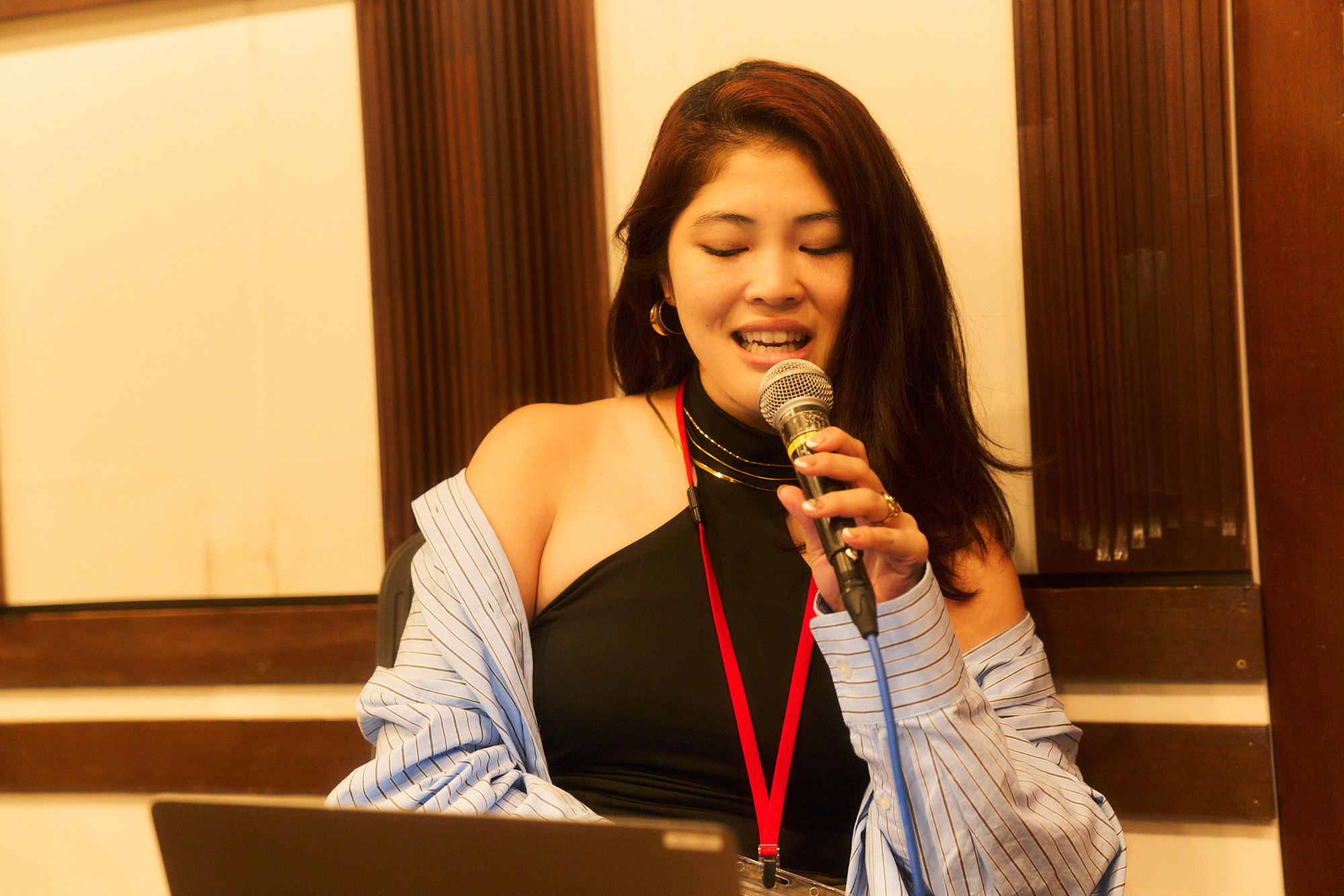
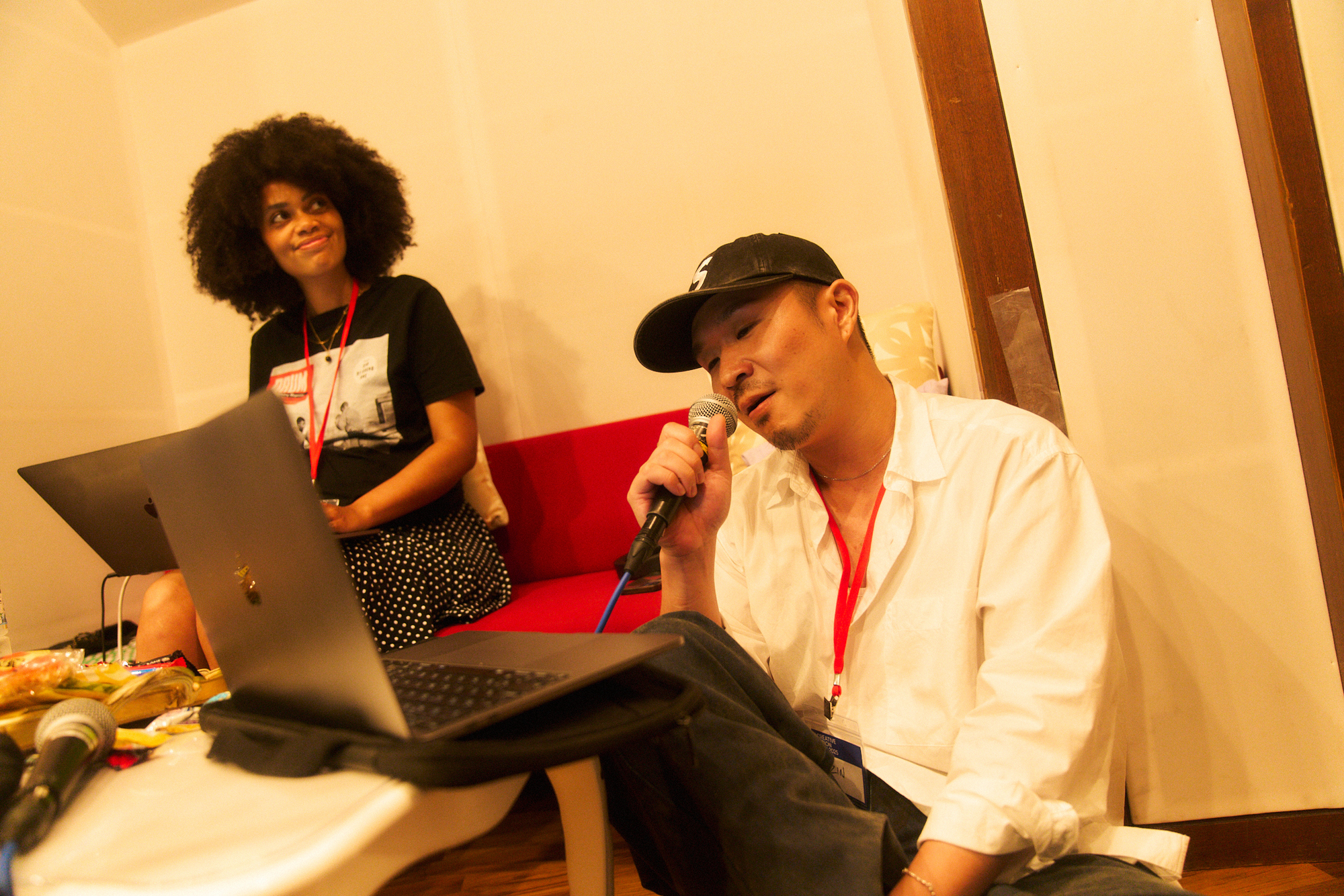
The sessions generally followed a consistent structure. Each morning, participants gathered at the studio and split into three teams. Each team included two visiting Dutch creators, at least one Japanese singer, and several producers or songwriters. The goal for each session was to create a new song from scratch based on the singer’s own work. These one-day songwriting sessions aimed to produce a demo by around six in the evening. Although interpreters were available as a precaution, all participating creators were fluent in English, and communication throughout the sessions was conducted smoothly in English.
The process varied across teams. Most began with a track maker at a laptop leading the beat-making process. From there, approaches diverged. Some teams developed ideas by layering live instruments such as keyboards over the beats. Others had the track maker work alone with an electric bass and laptop to build the rhythm section before expanding it. In other cases, teams listened to reference tracks on platforms like Spotify and discussed which elements could be incorporated. These diverse approaches reflected the variety of creative methods and strategies defining the camp.
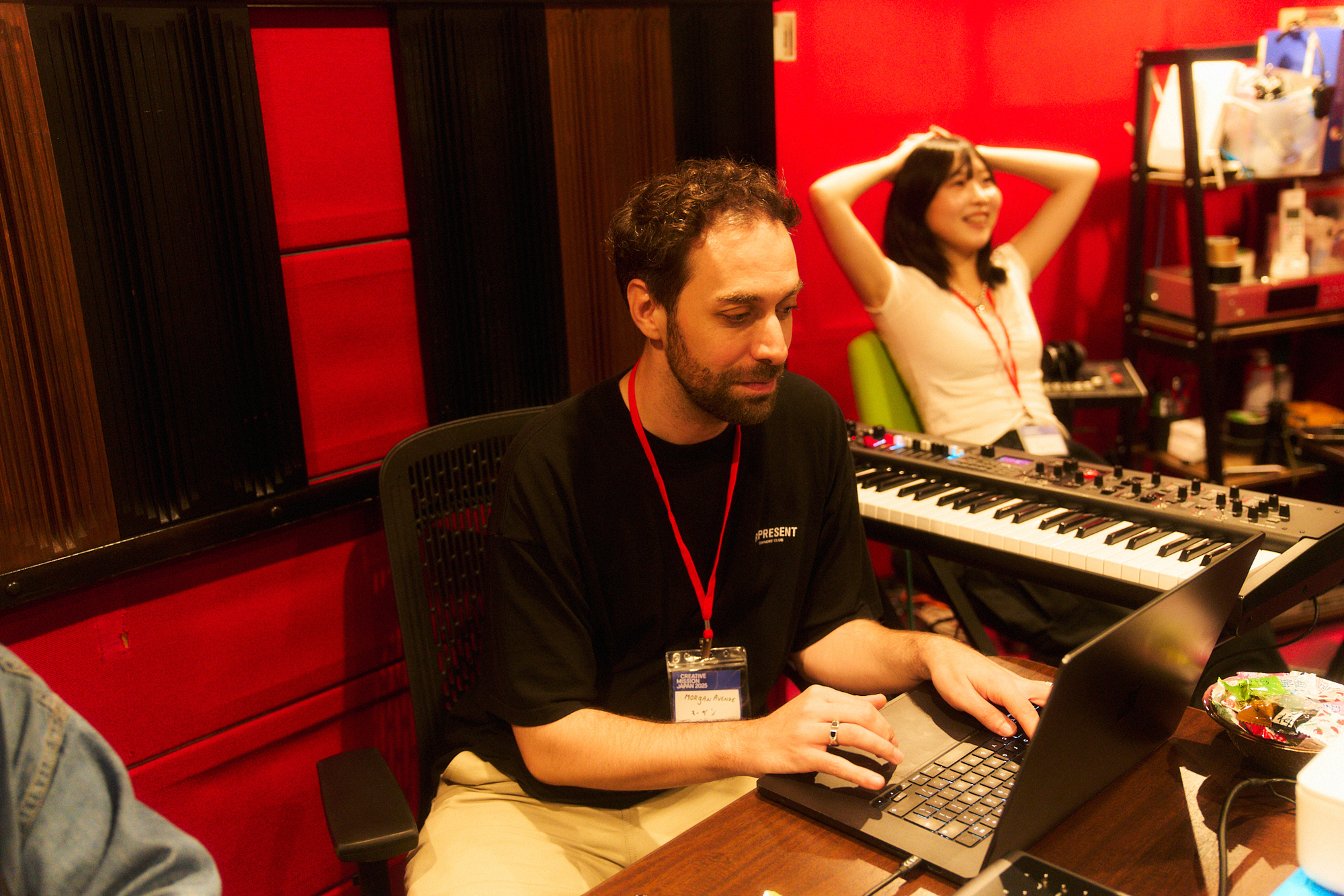
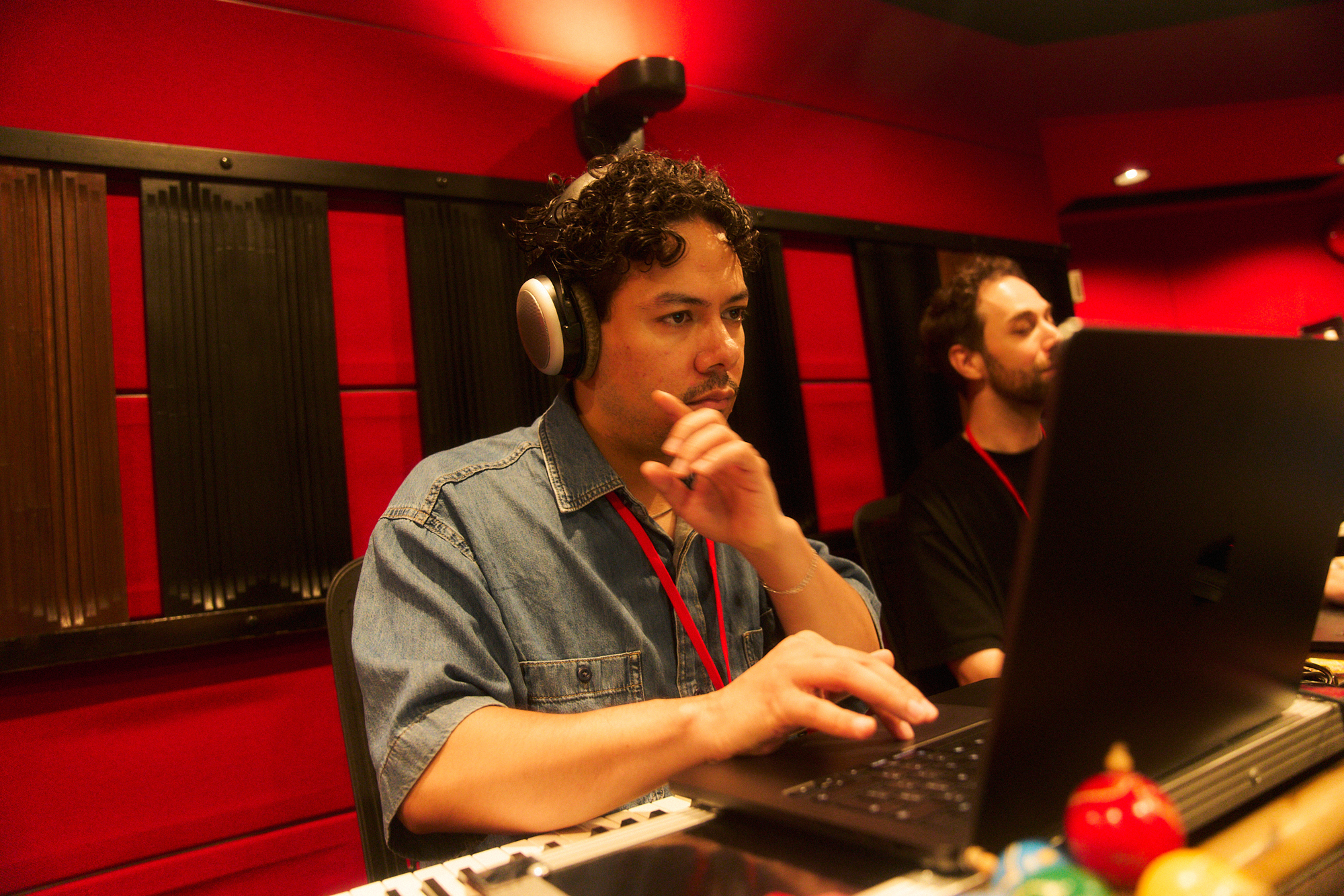
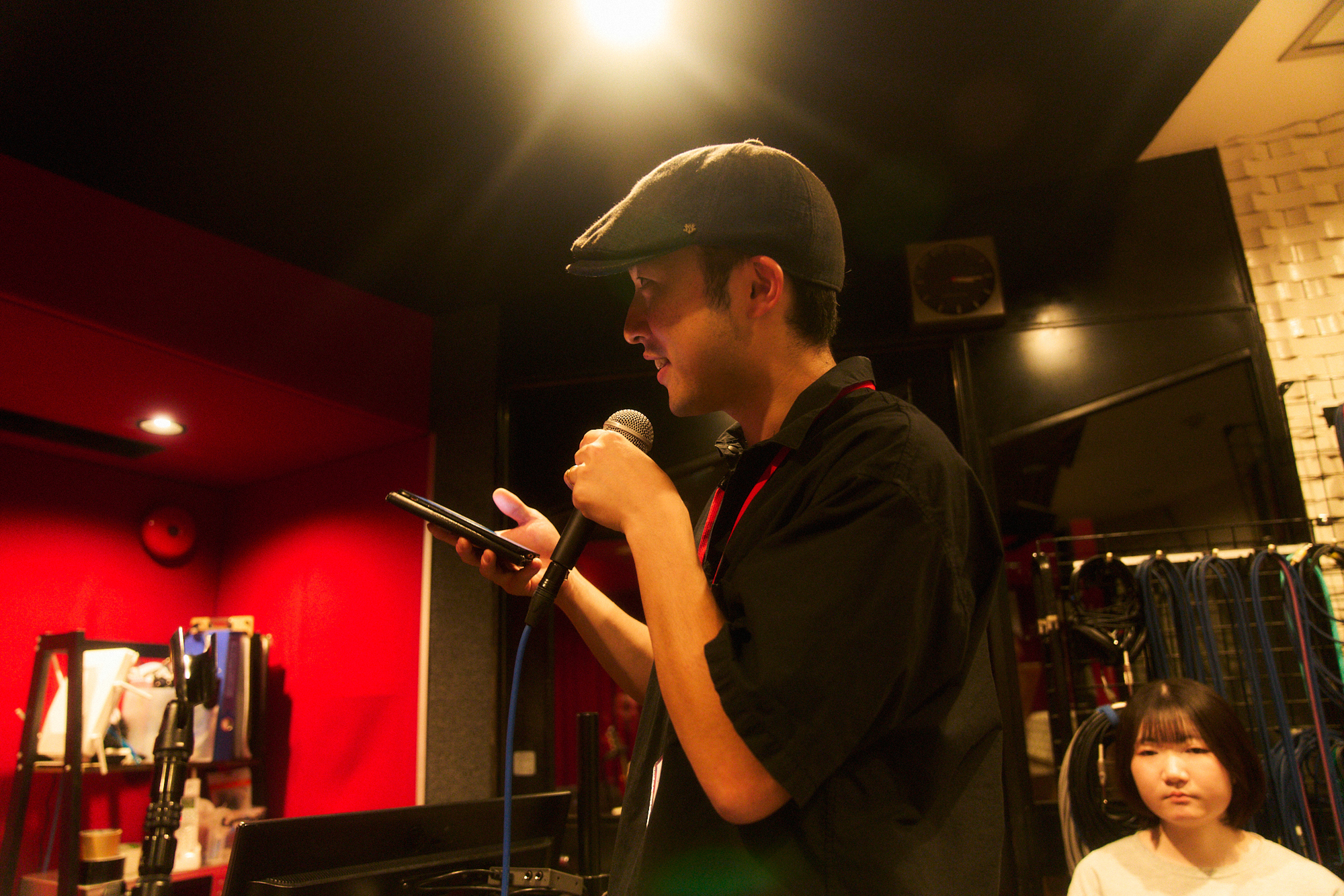
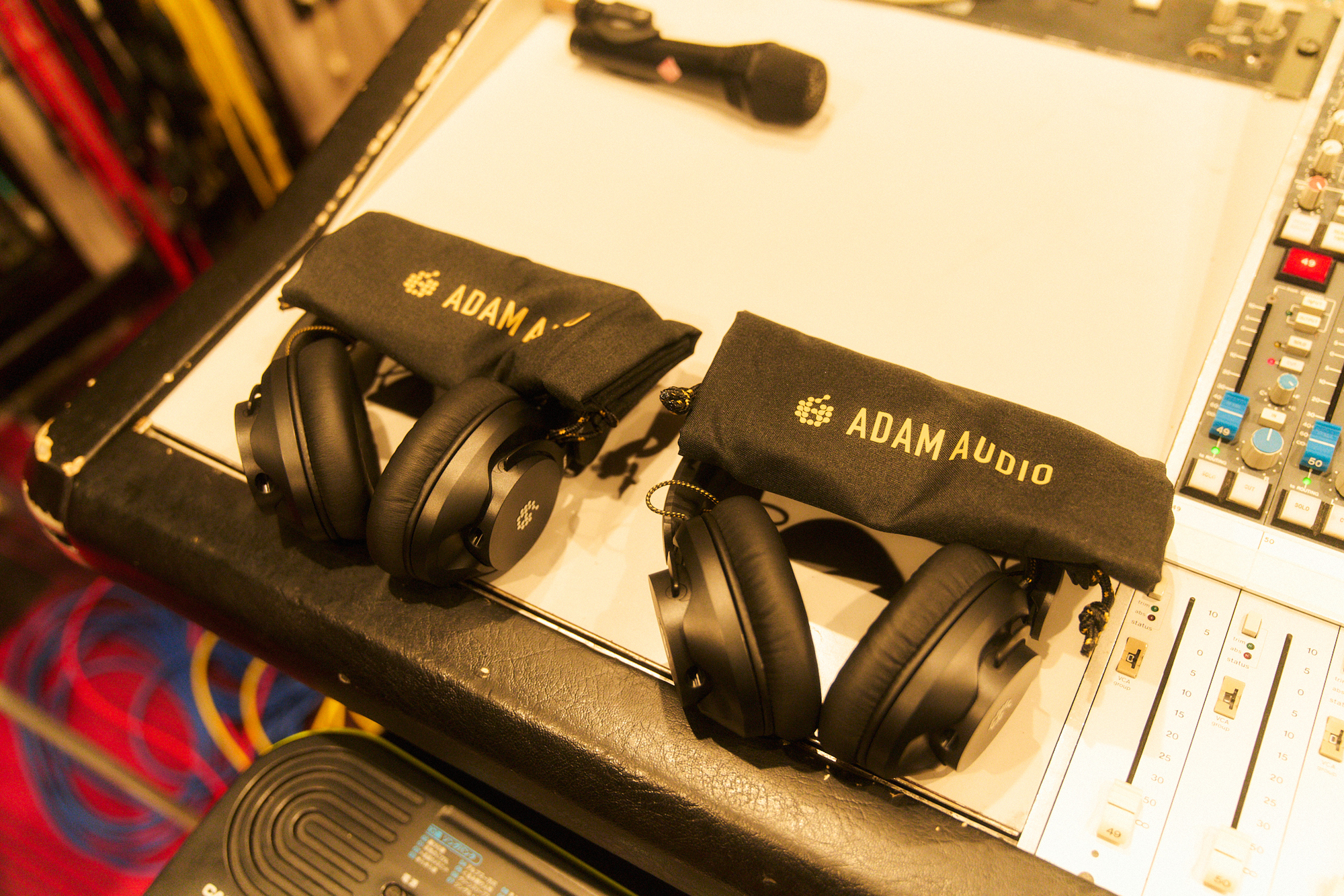
The Netherlands, a country known for its DJs and renowned for its vibrant club music scene, already has a well-established culture of co-writing, with many creators having defined collaborative styles. In Japan, however, co-writing remains less common, and it is not unusual for creators to have little experience working with international collaborators. This cultural difference became a powerful source of unexpected creative chemistry. Japanese creators gained practical, hands-on experience in the fundamentals of co-writing, while Dutch creators were given the chance to step back and re-evaluate the established rules of collaboration from a fresh perspective.
These differences extended beyond process to musical elements such as beats, basslines, harmonies, toplines and song structure, with each scene placing different emphasis and meaning on these elements. The result was an environment rich with fresh ideas, where participants were inspired by concepts outside of their usual creative frameworks.
At the end of each day, dinner gatherings offered more opportunities for connection, and on the third evening a listening party brought everyone together. Participants agreed with smiles that the sessions had been immensely rewarding. Looking ahead, this type of international co-writing will likely become increasingly common in Japan’s music industry, and scenes like the four days of this camp will become a familiar part of creative life.
